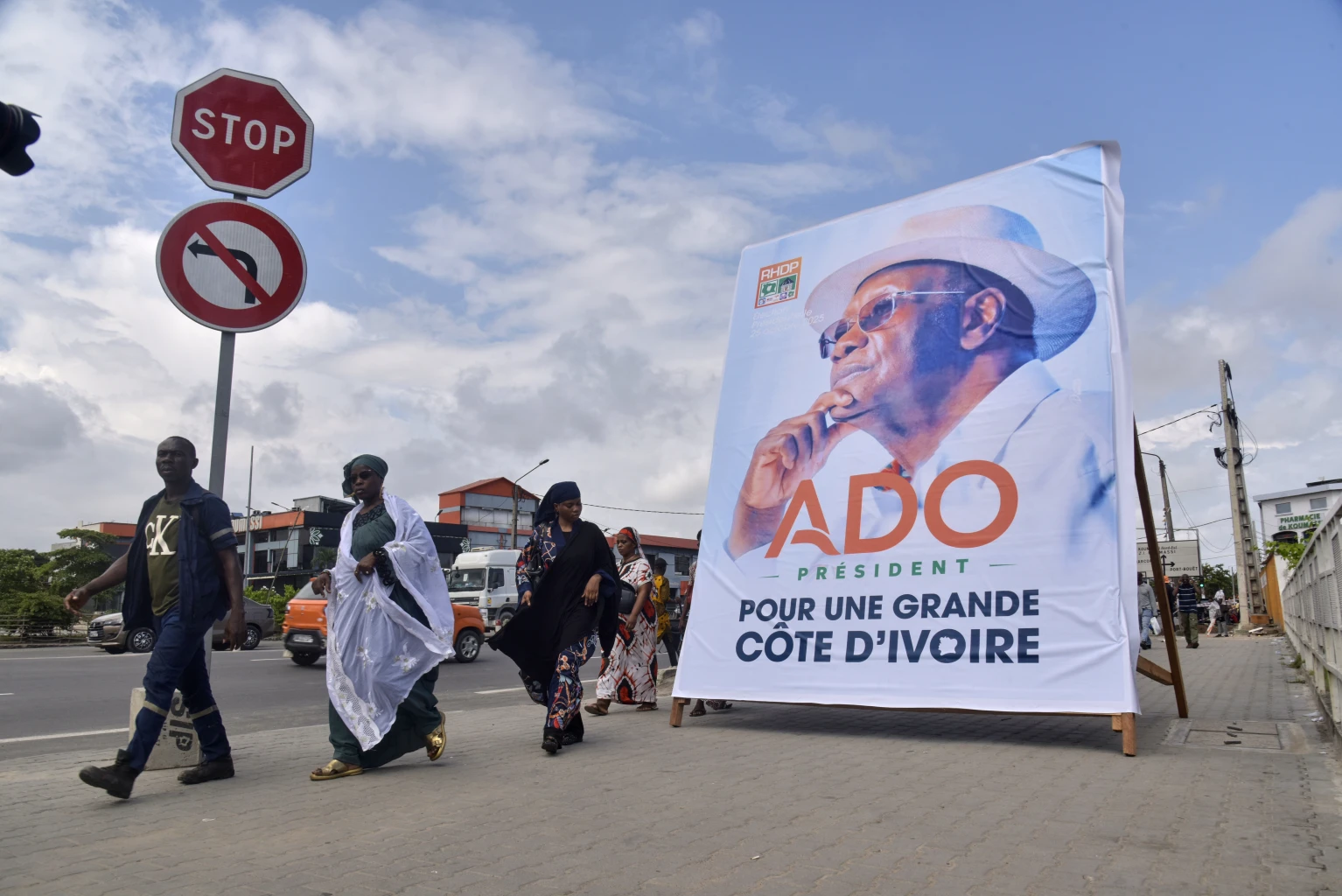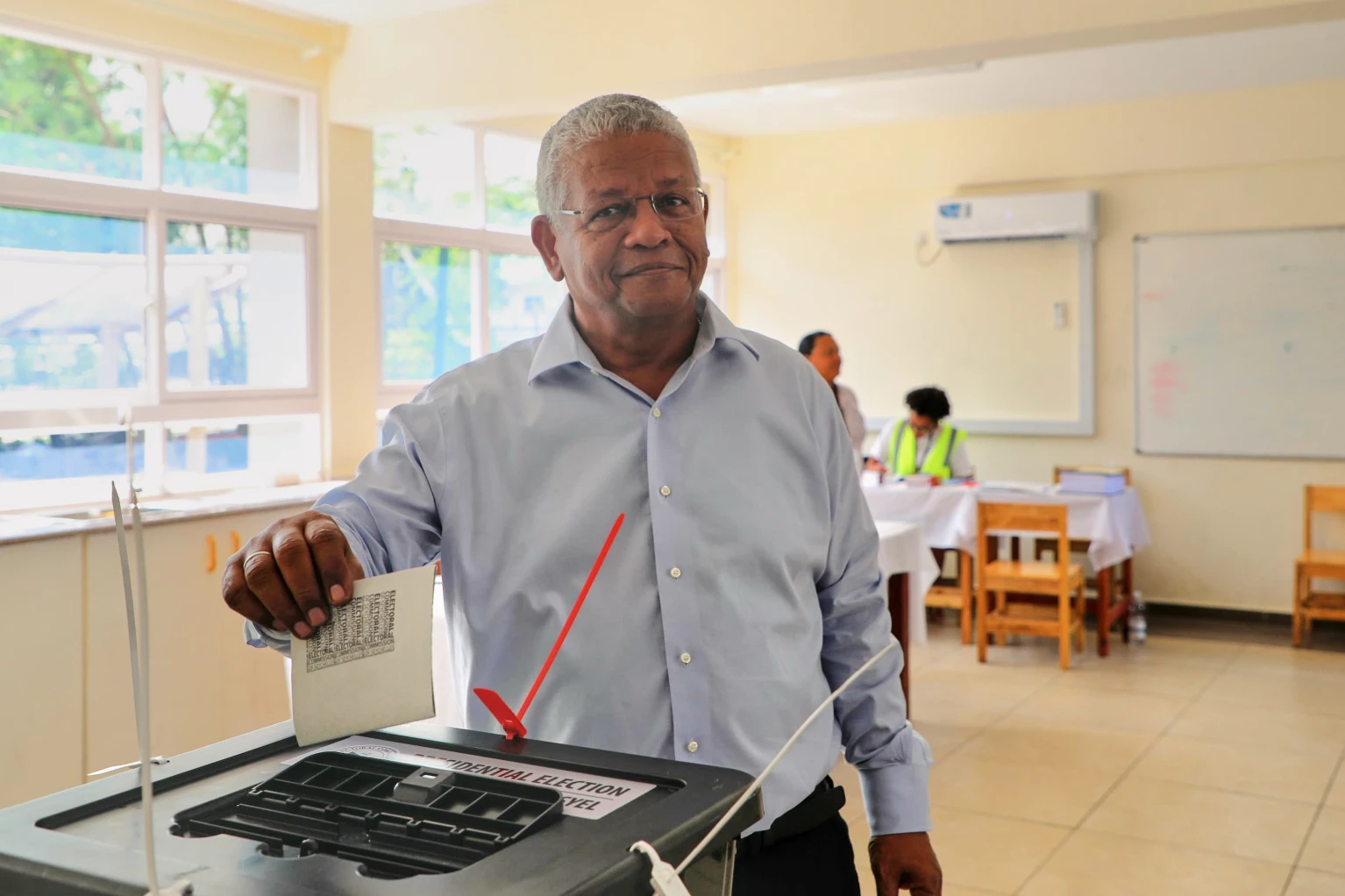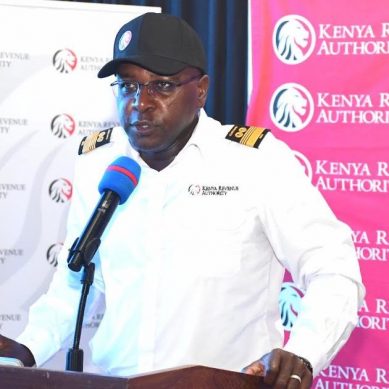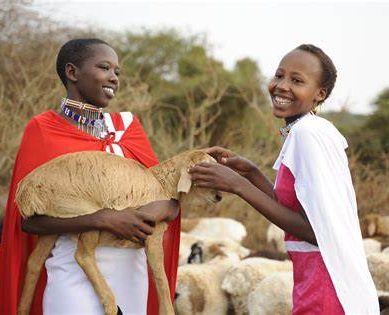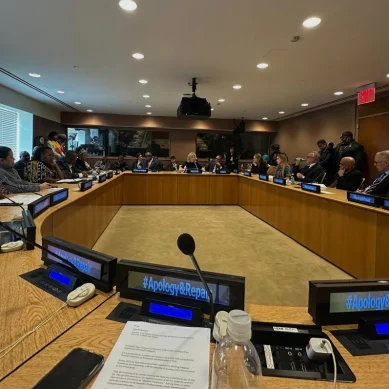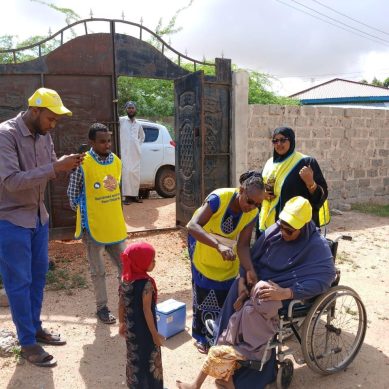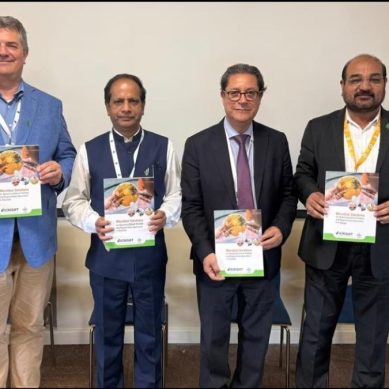How President Museveni and ruling NRM preside over ethnic cleansing of Uganda’s economy
Ethnic cleansing is not genocide, which can, biologically-speaking, be reduced to “genetic death”- the death of genes. Genes are the building blocks of all living things. Genocide does not discriminate between all ethnic groups in an affected area. They suffer equally. However, ethnic cleansing targets a particular ethnic group or a few ethnic groups. It can involve one ethnic group targeting one ethnic group genetically extinguishing or other ethnic groups, often violently.
After years of grassroots mobilisation, 700 young Maasai girls spurn genital mutilation for alternative rite of passage
During the three-day session, over 700 girls aged between 10-17 years received training on life skills and decision making, sexual and reproductive health, child rights and gender equality, hygiene and personal care and education and career aspirations.
Great grandchildren of former slave owners and slaves in the Caribbean up the ante for reparations at UN meeting
The Geneva-based Human Rights Council has called for global action for years, including reparations, apologies and educational reforms to make amends for racism against people of African descent. The 15-nation Caribbean Community, known as CARICOM, has a 10-point plan for reparatory justice, starting with demands for European countries where enslaved people were kept and traded to issue formal apologies.
Row over Governor Orengo’s rejection of Kenya’s so-called broad-based government lifts veil off age-old revulsion of Odinga family in Nyanza
James Orengo is alleged to have ferried mourners to the funeral to show his might against the duo and his actions have elicited strong reactions with some terming it as an embarrassment to his party leader Raila Odinga in the presence of President William Ruto.
350,000 children in Garissa vaccinated as Kenya ramps up push to check spread of polio from Ethiopia, Somalia
Garissa county polio champion Abdi Guhad said they had to network and convince the community members some who were reluctant to have their children vaccinated.
Kenya: ICRISAT unveils strategy to turn Africa’s expansive deserts into food baskets
ICRISAT Deputy Director General for Research and Innovation Stanford Blade observed that the drylands problems are intensifying, becoming fiercer and more frequent, hence the need to strengthen the research and science base.
Kenya’s freedom fighters or Mau Mau veterans say Britain owes them reparations for atrocities suffered
Mau veterans in Narok County are now calling on the government to push the British government to expedite compensation of the few surviving freedom fighters to enable them meet their basic needs in their sunset days. Wanjiku Wagachoka, now aged 102, recalled that her youthful years were spent secretly carrying...
Bluffs and contradiction that were Ugandan kingdoms: Why Museveni created so-called cultural institutions to manipulate politics
The strategy was to de-politicise the defunct kingdoms and make them completely dependent on the centre, which wanted to use them to achieve its political ends. This strategy made the LC1 politically more powerful than “the new cultural leaders”. LC1 or Local Council One is the lowest level of political organisation and administration of government.
As rest of Kenya grapples with medical supplies shortage Kakamega County in the west restocks its 181 health facilities
While presiding over the launch, Governor Fernandez Barasa warned health officials involved in drugs and other medical supplies racketeering that they would apprehended and arraigned in court. Besides, he warned, they risked being sacked.
Who owns Uganda? How Museveni’s army robbed and destroyed banks, cooperatives factories in Uganda under the spectre of privatisation
The NRM regime’s President Museveni had also declared that the economic tool for development in Uganda would be privatisation because public ownership had failed to spur Uganda’s development. Privatisation has been defined as the transfer of a business, industry, or service from public to private ownership and control. Others see privatisation as the robbery of what belongs to the poor and needy by the rich and powerful.
